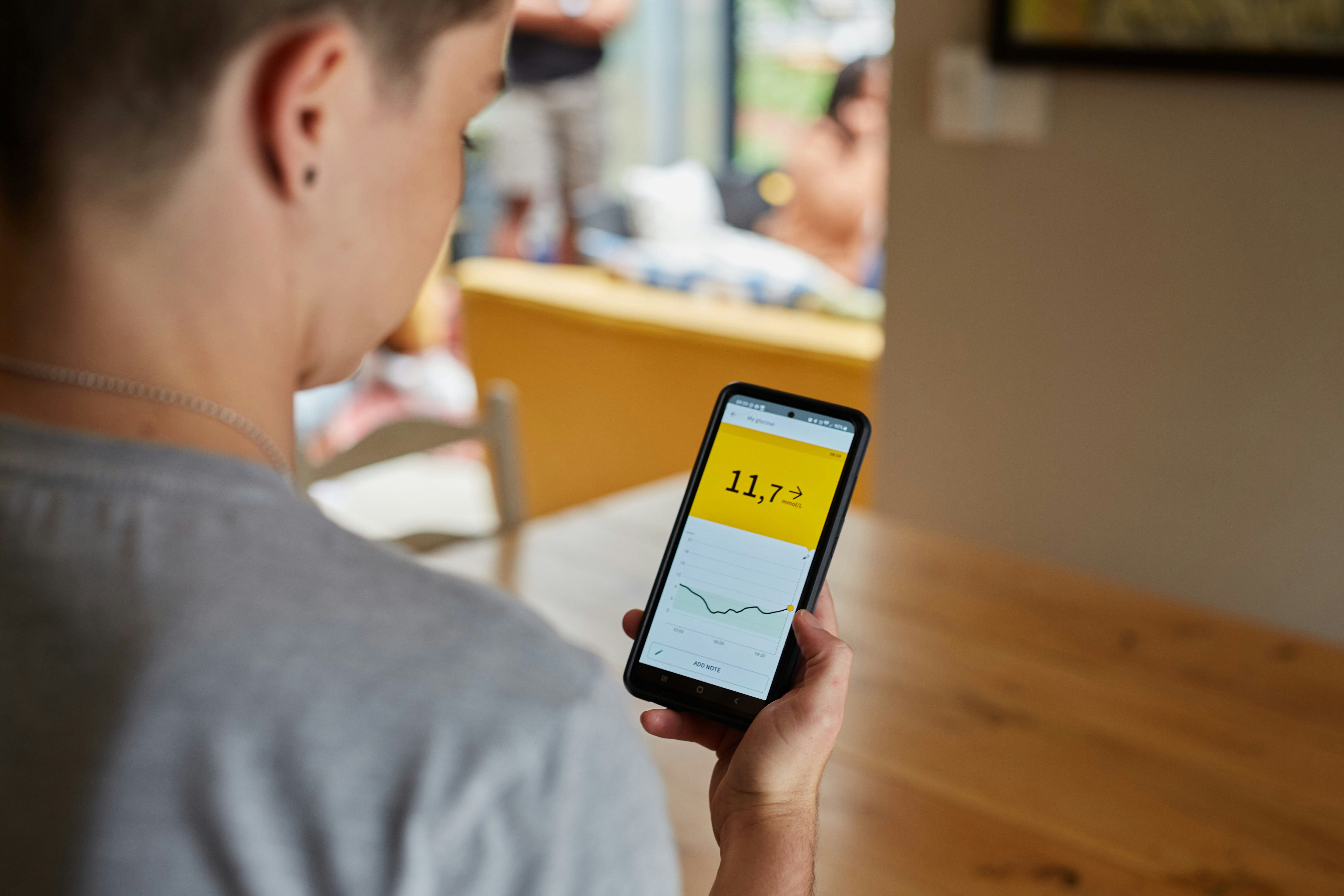Children Are More Likely to Get Type 1 Diabetes Through Their Fathers
Data from more than 11,000 patients show patients with type 1 diabetes are nearly twice as likely to have a father with the condition than a mother with it.
By
Patrick Campbell
| Published on August 18, 2024
4 min read
Credit: Unsplash / Sweet Life

Fathers are nearly twice as likely to pass down their type 1 diabetes to their children than mothers with the disease are, according to findings from a recent study.
Data from a study presented at the Annual Meeting of the European Association for the Study of Diabetes (EASD), involving more than 11,000 people with type 1 diabetes indicated people with the autoimmune disease were 1.8 times more likely to have a father with type 1 diabetes as they were to have a mother with the condition.
“Taken together, our findings suggest the relative protection associated with having a mother versus father with type 1 diabetes is a long-term effect that extends into adult life,” principal investigator Lowri Allen, PhD, of the Diabetes Research Group at Cardiff University, said in a statement.
Type 1 diabetes represents an area of significant unmet need for public health systems. The therapeutic pipeline has begun to produce several promising agents, including the first FDA-approved therapy for delaying the progression of type 1 diabetes in teplizumab (Tzield).
Beyond Tzield, other agents such as the stem cell-derived VX-880, have given the community hope their race for a cure may soon have a finish line in sight. Still even with this therapeutic progress, the causes of type 1 diabetes remain unknown and risk factors represent a knowledge gap with significant clinical implications given reports of growing rates of type 1 diabetes in recent years.
With this in mind, Allen and a team of colleagues from institutions in the UK, Sweden, and United States designed the current research endeavor as a meta-analysis of data from the BOX, Better Diabetes Diagnosis, TrialNet Pathway to Prevention Study, Type 1 Diabetes Genetic Consortium, StartRight cohorts. Leveraging these cohorts, investigators identified a cohort of 11,475 individuals aged 0 to 88 years with type 1 diabetes for inclusion.
The primary outcome of interest for the study was the proportion of patients with affected fathers versus mothers. Of note, investigators planned secondary analyses to determine if this comparison was altered by age at diagnosis or timing of parental diagnosis relative to offspring growth. Additionally, investigators expressed an interest in exploring differences in GRS2 type 1 diabetes genetic risk score between individuals with mothers and fathers with type 1 diabetes.
Investigators found have a father with type 1 diabetes was nearly twice as common as having a mother with type 1 diabetes among those included in the study. Analysis according to time at diagnosis suggested the likelihood of having an affected father was greater than having an affected mother regardless of whether or not a patient was diagnosed with type 1 diabetes prior to turning 18 years of age or diagnosed at 18 years or older.
Further analysis indicated the increased likelihood of having a father with type 1 diabetes was only significant if the diagnosis occurred prior to offspring birth, but this association failed to achieve statistical significance for those diagnosed after offspring birth.
Results also indicated age at diagnosis and type 1 diabetes-free survival curves were comparable amongst offspring of affected fathers and mothers. Investigators pointed out there were no significant differences observed in GRS2 between individuals with affected fathers versus mothers.
“This study, the largest to investigate the risk of type 1 diabetes in individuals with affected mothers and fathers, has enriched our understanding of the differences in parental risk, relative maternal protection from type 1 diabetes and underlying mechanisms,” said Richard Oram, MD, PhD, of the Department of Clinical and Biomedical Sciences, University of Exeter Medical School.
An original version of this article was published on sister site HCPLive.

